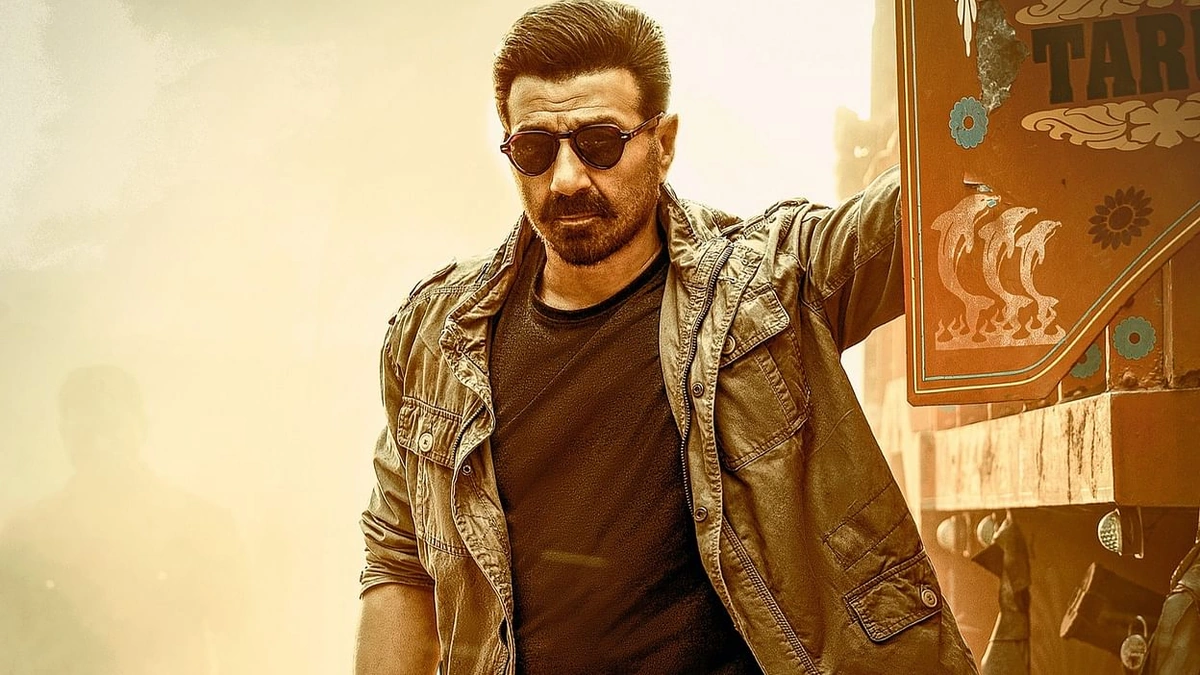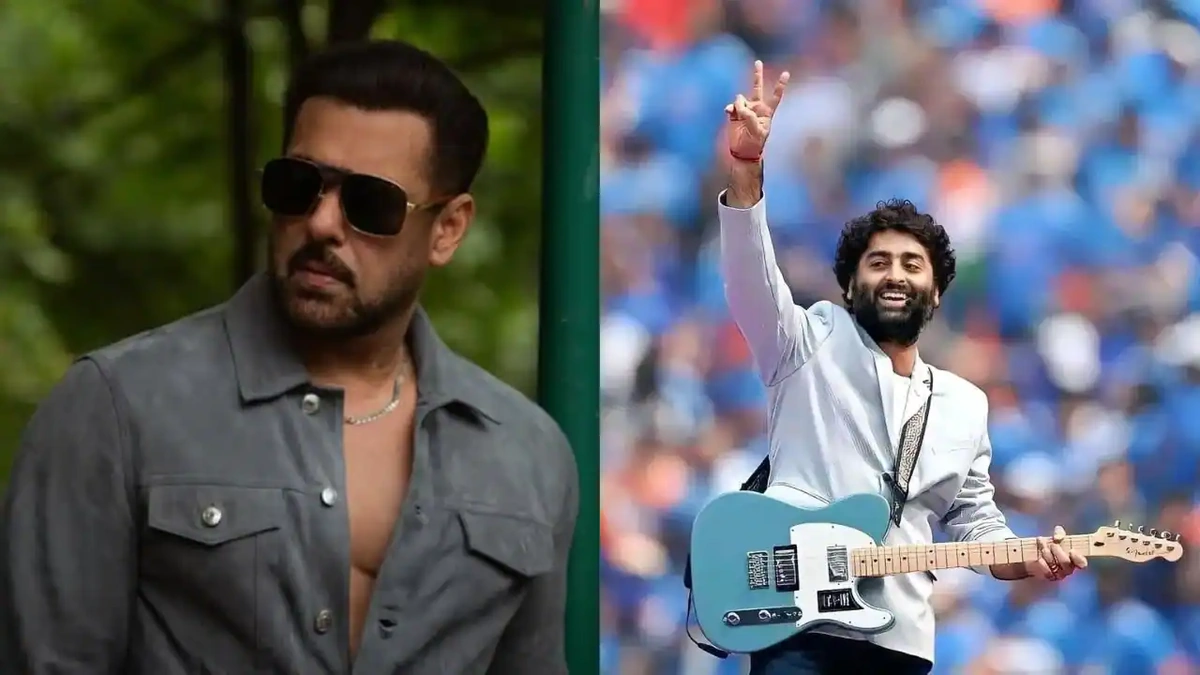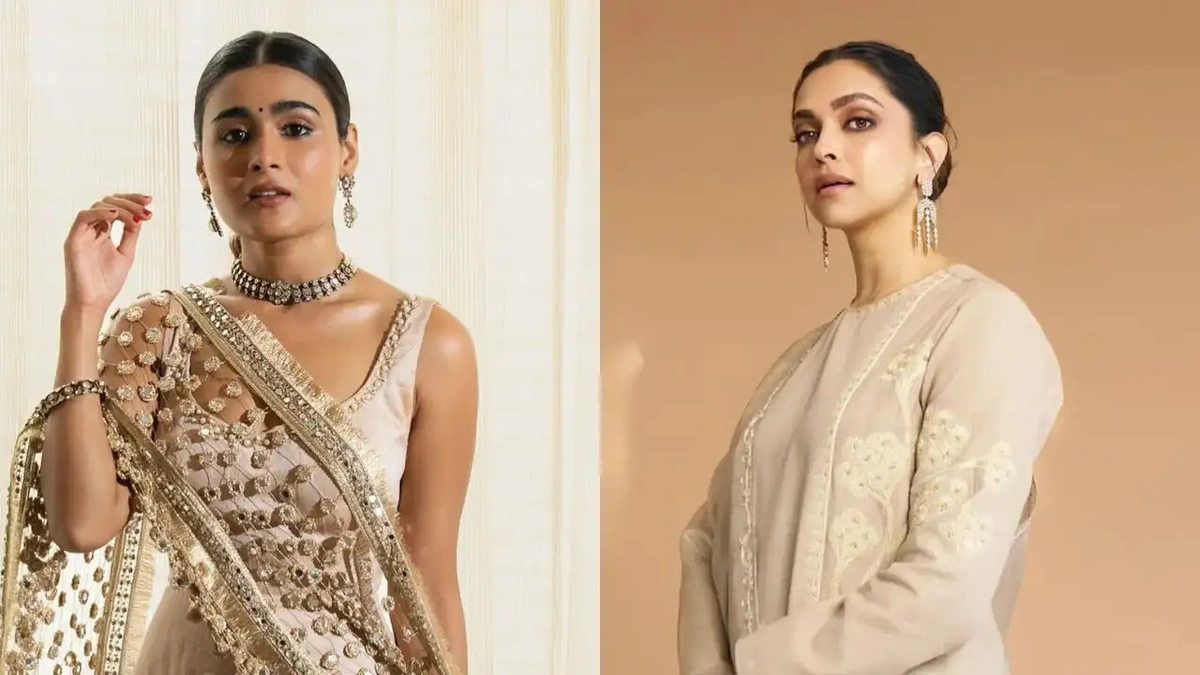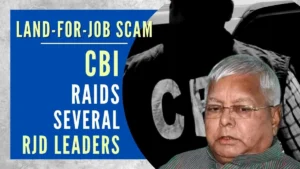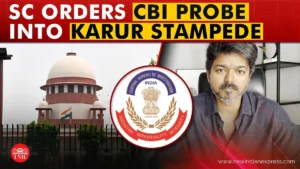Beyond the Handpump | Why Sunny Deol’s Roar Still Shakes the Box Office
Let’s be honest. For a good decade, if you thought about Sunny Deol , you probably pictured one of two things: a meme of him yelling, or a grainy clip of him uprooting a handpump. He was a relic, a glorious, muscle-bound memory from an era of cinema that felt a million miles away. He was doing forgettable films, his political career was, well… quiet, and the new generation of slick, six-pack heroes had taken over the spotlight.
And then, Gadar 2 happened.
Suddenly, the man who was a pop-culture footnote was back at the center of the universe, delivering one of the biggest blockbusters in the history of Indian cinema. It wasn’t just a hit; it was a cultural event. Theatres turned into stadiums. People were crying, cheering, and whistling at the sight of a 60-something hero beating up bad guys with a sledgehammer. It broke all the rules of modern marketing, star power, and cinematic trends.
The question isn’t what happened. We all saw the box office numbers. The real question is why. Why, in 2024, did the old-school, uncomplicated fury of Tara Singh resonate more deeply than almost anything else? What does the phenomenal success of Gadar 2 tell us about ourselves, and about the Bollywood we think we know? Let’s unpack this, because it’s far more fascinating than just a simple comeback story.
The Nostalgia Drug | It’s More Than Just Remembering Old Movies
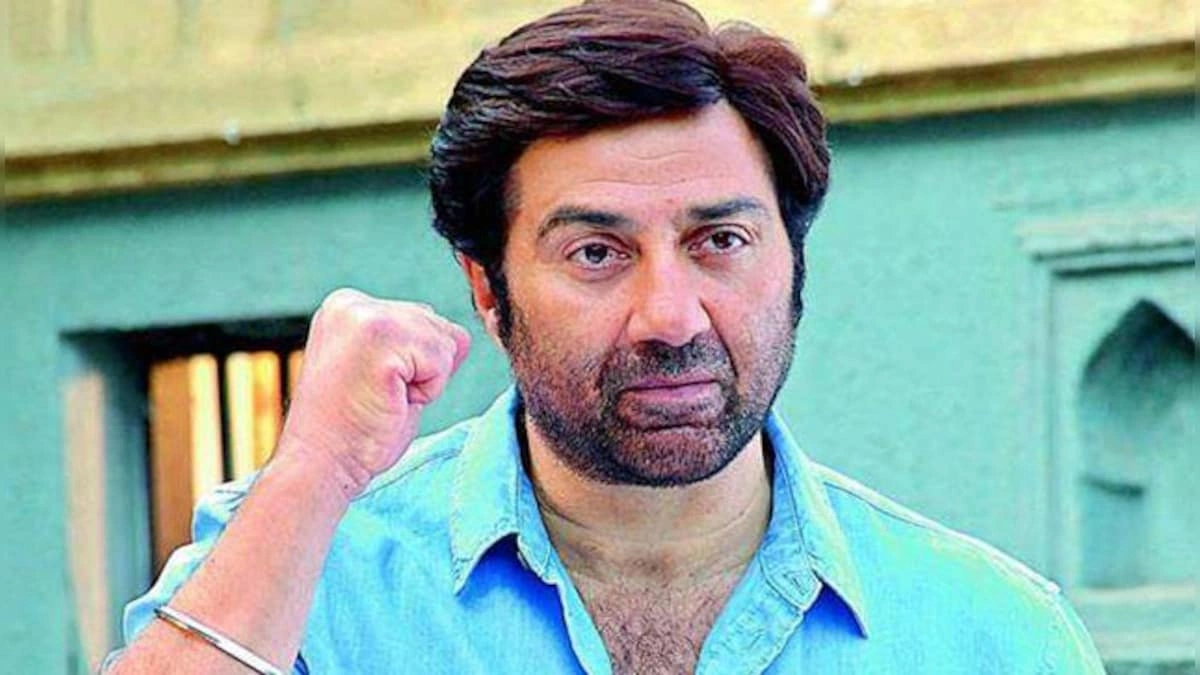
The easy answer here is nostalgia. Of course, a huge chunk of the audience were people who remembered the first Gadar . But calling it just nostalgia is too simplistic. It’s not just about remembering a film; it’s about remembering a feeling. A feeling of a different India, a different Bollywood, and maybe even a different version of ourselves.
Think about the 90s and early 2000s. The heroes were flawed but fundamentally good. Their motivations were clear: love for their family, their country, or their beloved. There was a simple, raw-knuckled honesty to it. Sunny Deol movies , from Ghayal to Ghatak to Border , were the peak of this. He wasn’t playing a complex anti-hero wrestling with moral ambiguity. He was just a good man pushed too far. And when he exploded, it felt justified. Cathartic, even.
Today’s cinema is different. It’s smarter, more nuanced, and technically brilliant. But it can also feel… sterile. Our heroes are often grey, their motivations complex, their actions meticulously choreographed. We admire them, but do we feel them in our bones? The return of Tara Singh was like a shot of pure, uncut cinematic emotion. It was a reminder of a time when you could cheer for a hero without reservation. It wasn’t about the good old days being better; it was about reclaiming a feeling we’d forgotten we missed.
The “Angry Man” We Secretly Crave
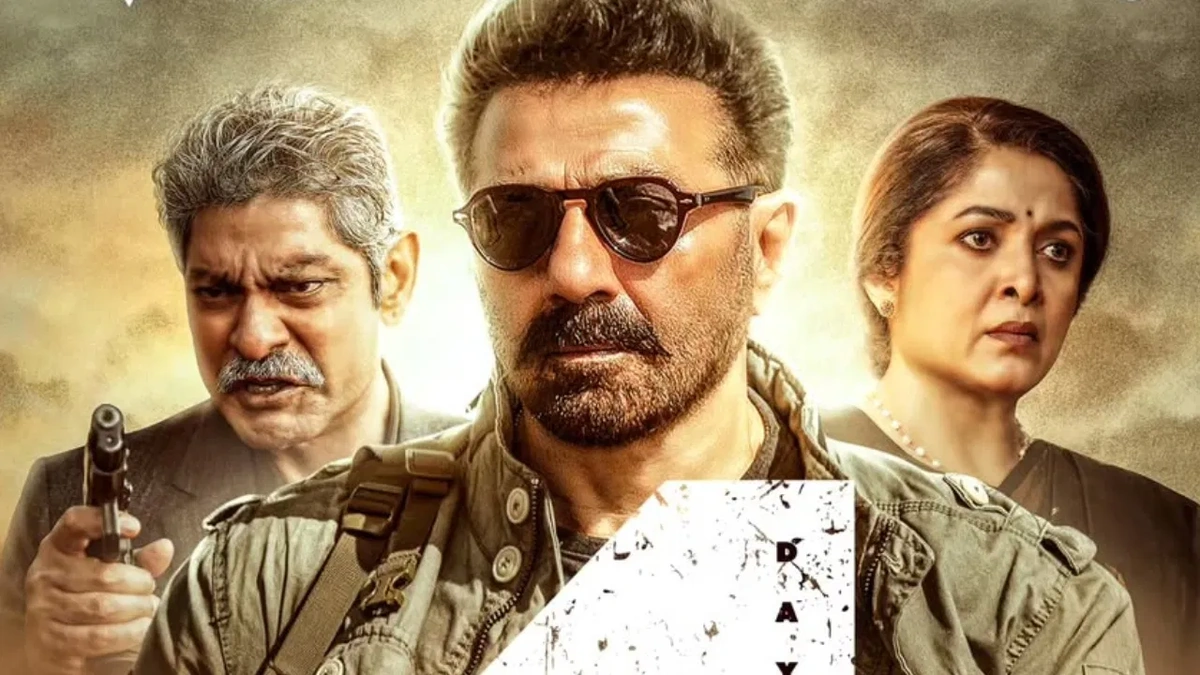
Amitabh Bachchan was the “Angry Young Man” of the 70s, a product of a nation grappling with unemployment and corruption. Sunny Deol, in many ways, was his spiritual successor in the 90s, but with a crucial difference. His anger wasn’t just against the system; it was a righteous, protective fury. He was the angry brother, the angry son, the angry patriot.
Here’s the thing. In our daily lives, we’re told to be polite, to be patient, to follow the rules. We navigate bureaucracy, traffic, and endless frustrations with a forced calm. Sunny Deol on screen is the antithesis of that. He is the human pressure-cooker letting off steam for an entire nation. When he roars “Balwant Rai ke kutton!” or tells a villain that his “dhai kilo ka haath” will change their life, he’s voicing a frustration we all feel but can’t express.
He represents a very specific, uncomplicated form of masculinity that modern Bollywood has largely abandoned. It’s not about protein shakes and sculpted abs. It’s about raw, physical power used in the service of justice. It’s primal. And while critics might (rightfully) debate its place in a modern world, the thunderous box office success of his comeback proves that there is a massive, underserved audience that craves this simplicity. They don’t want a hero who outsmarts the villain; they want a hero who can, if needed, throw the villain across the room. It reminds me of the pure blockbuster joy of some classic war first day collection worldwide hits.
From Box Office King to the Sidelines and Back
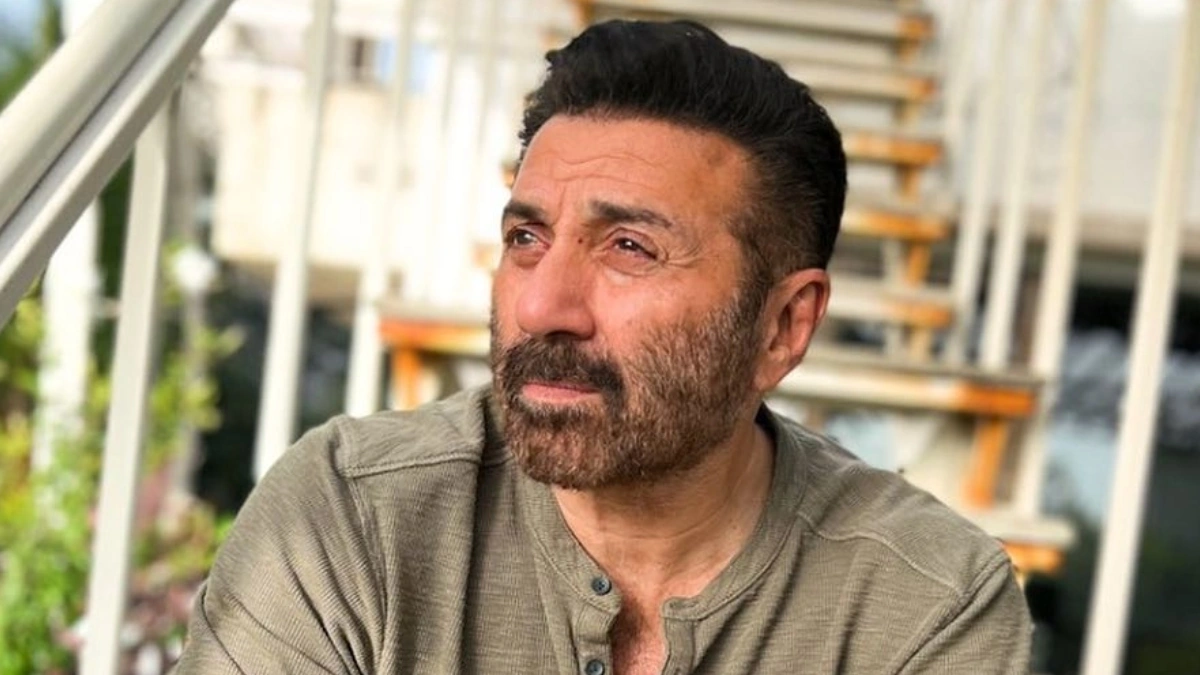
It’s easy to forget just how massive a star Sunny Deol was. For much of the 90s, he was a one-man industry. His films didn’t need festival acclaim or clever marketing; they just needed him. But as the 2000s progressed, the industry changed. The multiplex audience emerged, demanding a different kind of cinema. The single-screen theatres that were Deol’s kingdom began to fade.
His foray into politics as a Member of Parliament for Gurdaspur was met with mixed reactions and criticism about his attendance. It felt like the roaring lion of Bollywood had been tamed, relegated to a role that didn’t quite fit. The industry, and perhaps the audience, seemed to have moved on. The focus shifted to his family, like his father, the legendary Dharmendra, and his brother, Bobby Deol , who was having his own spectacular second innings.
But the fire never really went out. It was just waiting for the right fuel. Gadar 2 was that fuel. It proved that an authentic connection with the masses is more powerful than any trend. It was a powerful reminder that in India, stardom isn’t just about weekend collections; it’s about an emotional bond forged over decades. For a deeper look into his extensive work, his filmography on Wikipedia shows the sheer volume of his impact over the years.
What Sunny Deol’s Comeback Really Means for Bollywood
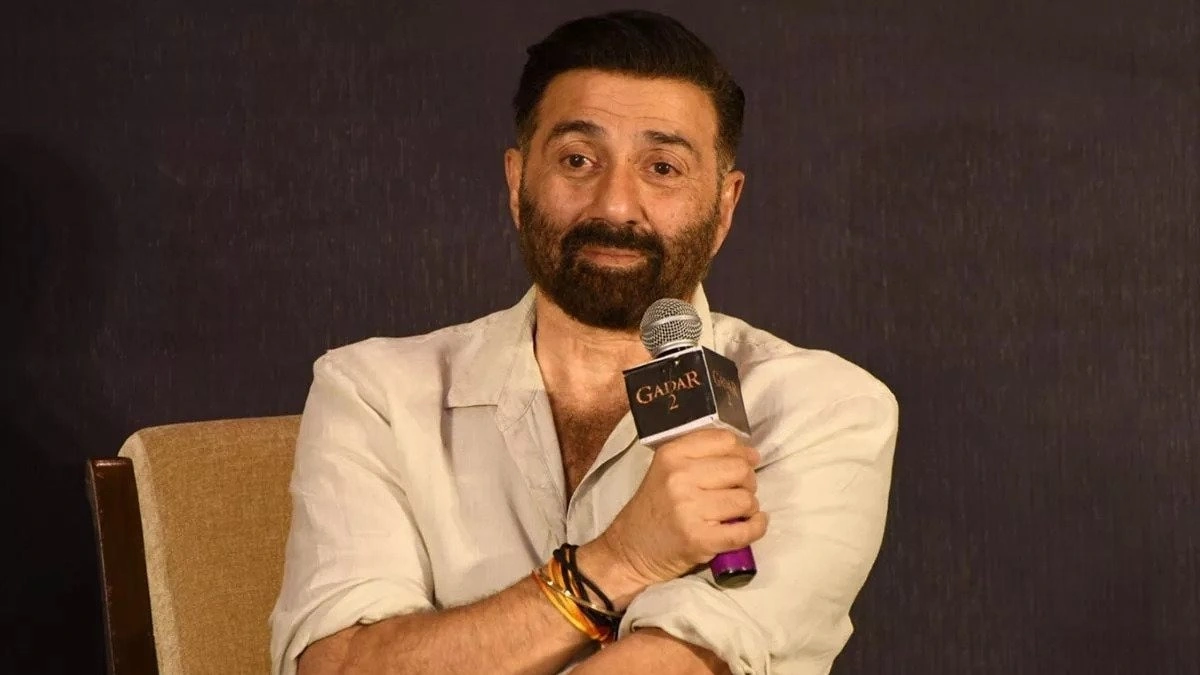
So, what’s the big takeaway from all this? Is Bollywood going to start making 90s-style action films again? Probably not, and that’s a good thing. But the success of Sunny Deol and Gadar 2 is a massive wake-up call for the Hindi film industry.
It signals that there is a giant disconnect between the films being made in Mumbai’s echo chambers and what a huge part of India actually wants to watch. They want emotion. They want conviction. They want stories rooted in Indian values, even if they are loud and over-the-top. They are tired of films that feel like they were made for an international audience first and an Indian audience second.
Sunny Deol didn’t change. The audience didn’t fundamentally change. The industry changed, and in doing so, it left a massive void. He simply walked back in and filled it. His success is a victory for conviction over formula. It’s a testament to the fact that you don’t need a PR-driven narrative; you just need a story that makes people feel something powerful. Just like the best independence day songs tap into a core national emotion, so did his film.
In the end, the return of Sunny Deol isn’t just about one man or one film. It’s a rumbling from the heartland, a roar from the single screens, a clear message to Bollywood: Don’t forget who you’re making movies for. Sometimes, the most powerful special effect isn’t CGI; it’s a 67-year-old man with belief in his eyes and a sledgehammer in his hand.
Sunny Deol | Your Questions Answered
What is Sunny Deol’s most famous dialogue?
While he has many, the most iconic is arguably from the movie Damini : “Yeh dhai kilo ka haath jab kisi pe padta hai na, toh aadmi uthta nahi… utth jata hai.” (When this 2.5 kg hand falls on someone, the person doesn’t get up… they pass on.)
Why was Gadar 2 such a huge hit?
It was a perfect storm of factors: immense nostalgia for the original film, a story rooted in patriotism and family values, and its release on Independence Day weekend. Most importantly, it offered a simple, powerful, and emotional cinematic experience that was missing from modern Bollywood.
Is Sunny Deol still an MP?
Yes, as of 2024, Sunny Deol is the sitting Member of Parliament (MP) from the Gurdaspur constituency in Punjab, representing the Bharatiya Janata Party (BJP). However, he has announced he will not be contesting in the next election to focus on his film career.
What are his upcoming movies?
Following the massive success of Gadar 2, Sunny Deol has several exciting projects lined up. One of the most anticipated is Lahore 1947 , produced by Aamir Khan Productions and directed by Rajkumar Santoshi. He is also slated to appear in the sequel to his blockbuster film Border .
How old is Sunny Deol?
Born on October 19, 1956, Sunny Deol’s age is currently 67 years old. His incredible fitness and ability to perform high-octane action sequences at this age were a major talking point during Gadar 2’s success.
What is Sunny Deol’s net worth?
While exact figures vary, most reports estimate Sunny Deol’s net worth to be between ₹130 to ₹150 crores. This wealth comes from his long and successful acting career, film production, and personal investments.
